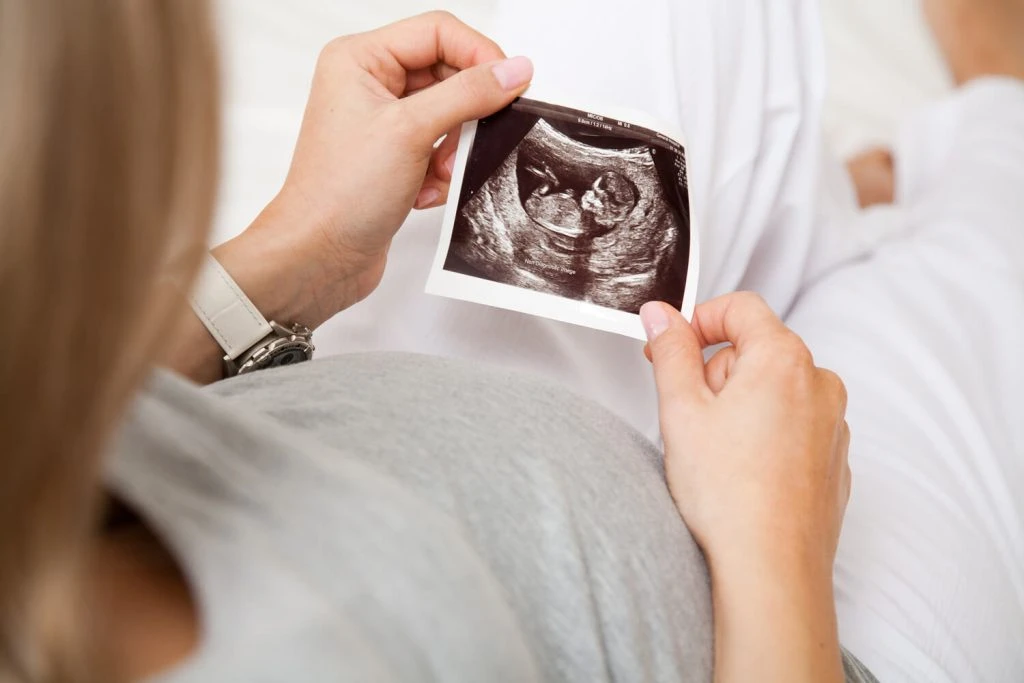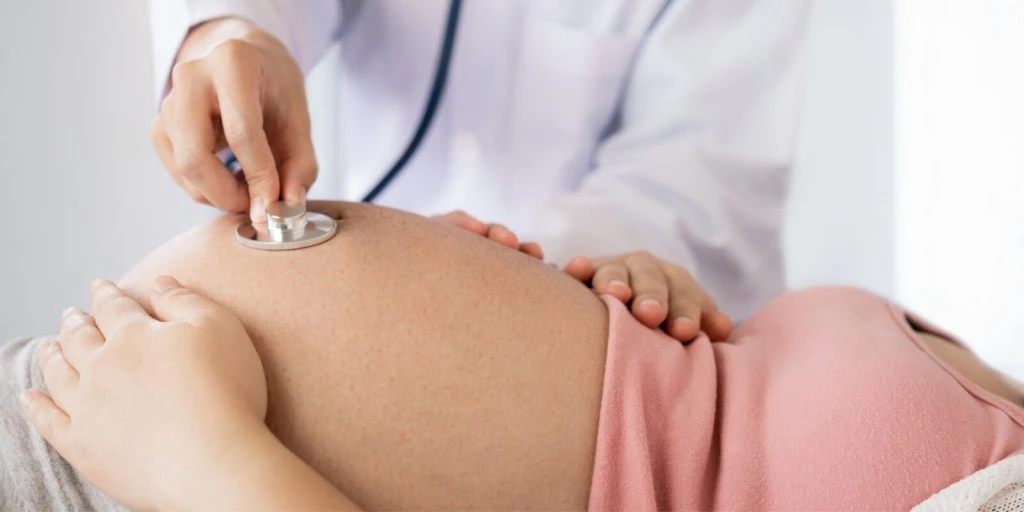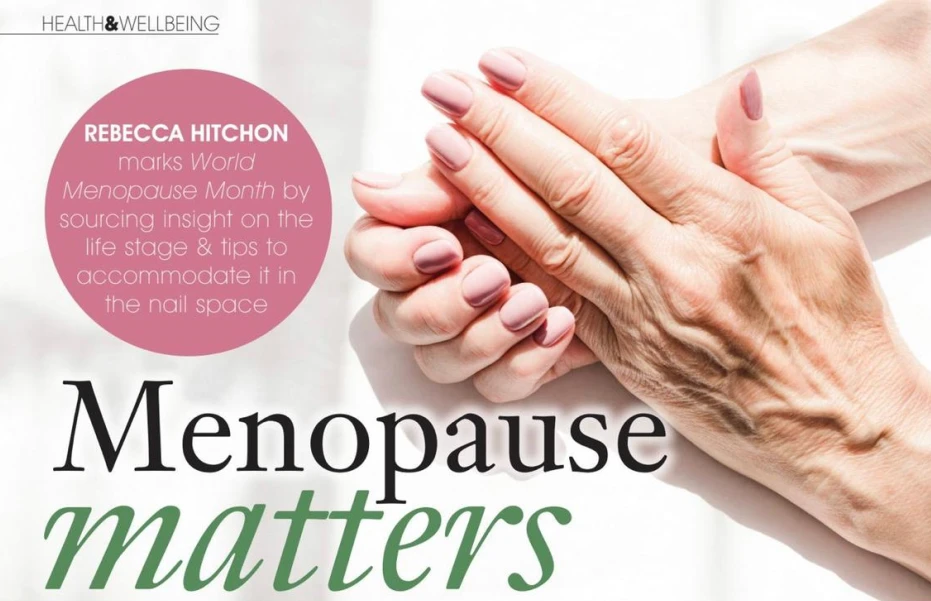Preparing for pregnancy is one of the most empowering steps you can take for your health – and your baby’s. It’s not just about taking a prenatal vitamin and hoping for the best. The months leading up to conception are a critical window for laying the foundation of a healthy pregnancy, and even small lifestyle adjustments can make a big difference.
If you’re planning to start trying soon, here’s how to prepare your body for pregnancy, from optimising nutrition to getting key health checks in order.
Start with a Preconception Health Check
Before anything else, book an appointment with your GP or gynaecologist. A preconception check helps identify any health issues that could affect fertility or pregnancy, such as thyroid imbalances, high blood pressure, or undiagnosed infections.
Your doctor may recommend:
- Blood tests to assess hormone levels and immunity
- Reviewing current medications to ensure they’re pregnancy-safe
- Updating vaccinations (like rubella or whooping cough) if needed
- Screening for conditions like diabetes or anaemia
If you have a chronic health condition, discuss how to manage it during pregnancy. This proactive approach reduces complications and helps you start your journey with confidence.
Focus on Balanced Nutrition
Your diet before conception can significantly influence fertility and early foetal development. Aim for a diet rich in:
- Leafy greens and colourful vegetables for folate and antioxidants
- Whole grains for steady energy and fibre
- Lean proteins like chicken, eggs, or lentils to support hormone balance
- Healthy fats (avocados, olive oil, seeds) for hormone production
It’s also important to start taking a daily prenatal vitamin containing folic acid at least one to three months before conception. Folic acid helps prevent neural tube defects and supports early foetal growth.
If you’re unsure which supplements to take, your GP or pharmacist can recommend the right dose based on your needs.
Get to a Healthy Weight – Gently
Both being underweight and overweight can affect fertility. If your BMI falls outside the optimal range (18.5–24.9), talk to your doctor about gradual, sustainable ways to reach a healthy target.
Crash diets or extreme exercise routines are counterproductive. Instead, focus on nutritious meals, regular movement, and reducing processed foods. Small, consistent habits work better than drastic short-term changes.
Exercise Regularly – But Safely
Moderate physical activity improves circulation, balances hormones, and supports emotional wellbeing – all of which boost fertility. Try brisk walking, swimming, yoga, or low-impact strength training a few times per week.
If you’re already active, continue as normal but avoid pushing your limits. If you’re just starting, build up gradually. Exercise can also help reduce stress, which plays a role in conception success.
Learn more about exercise and pregnancy health to understand which activities support fertility without adding strain.
Limit Alcohol, Caffeine, and Tobacco
Reducing alcohol and caffeine intake (to under 200mg of caffeine per day – roughly one small coffee) supports hormonal balance and improves egg quality. Quitting smoking is essential, as it affects both fertility and foetal development.
Your partner’s habits matter, too – tobacco, alcohol, and poor diet can impact sperm quality. Preparing together often leads to better results and shared motivation.
Manage Stress and Prioritise Sleep

High stress levels can interfere with ovulation and make conception more difficult. While stress itself doesn’t “cause” infertility, it can disrupt hormonal rhythms and lower libido.
Try mindfulness, meditation, gentle yoga, or even regular walks to calm your nervous system. Quality sleep – at least seven hours per night – is equally important for hormonal repair and mental balance.
If anxiety about conceiving is weighing on you, consider short-term therapy or stress management support. Mental health is a vital part of reproductive health.
Understand Your Menstrual Cycle
Knowing your cycle is key to identifying your most fertile days. Ovulation typically occurs around 14 days before your next period, but this varies from person to person.
Track your cycle using an app or calendar and note changes in cervical mucus or basal body temperature. These subtle signs can help you pinpoint when ovulation occurs, increasing your chances of conception naturally.
If your cycles are irregular, or you’ve been trying for a while without success, a doctor can investigate underlying issues.
Prepare Your Environment
Environmental toxins such as certain cleaning chemicals, plastics, and beauty products can disrupt hormones. Choose fragrance-free, gentle alternatives and avoid exposure to unnecessary chemicals where possible.
Check any supplements or herbal remedies with your doctor before taking them – not all are safe during preconception.
Get Early Imaging and Screening if Needed
If you’ve experienced previous pregnancy complications, miscarriage, or fertility challenges, early imaging and diagnostic checks can be valuable. Accessing trusted imaging for pregnancy health with us at GG Healthcare provides reassurance and early insights into your reproductive health. An ultrasound can also assess the uterus and ovaries, helping identify conditions like fibroids, ovarian cysts, or endometrial issues that could affect conception or early pregnancy.
Encourage Partner Health
Fertility is a shared effort. Sperm quality is influenced by diet, exercise, and overall health. Encourage your partner to maintain a balanced lifestyle, reduce alcohol and caffeine, and avoid excessive heat exposure (like saunas or tight clothing).
A supportive, shared approach creates a healthier environment for conception – both physically and emotionally.
When to Seek Medical Advice
If you’ve been trying for a year (or six months if you’re over 35) without success, it’s time to consult a fertility specialist. Early assessment can help rule out medical causes and guide you toward effective treatment options.
You should also speak to a healthcare professional sooner if you have irregular cycles, a history of reproductive conditions (like PCOS or endometriosis), or chronic illness.
Final Thoughts
Preparing your body for pregnancy is about more than just vitamins and timing – it’s about creating the healthiest version of yourself, physically and emotionally.
By nourishing your body, managing stress, and seeking professional advice early, you’re giving yourself and your future baby the best possible start. Whether conception happens quickly or takes time, every step you take now lays the groundwork for a smoother, healthier pregnancy journey.








